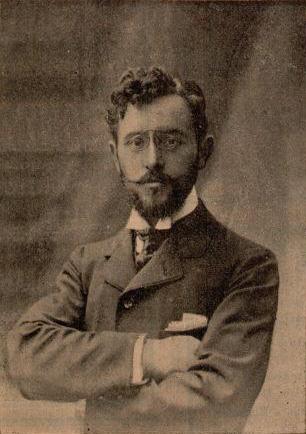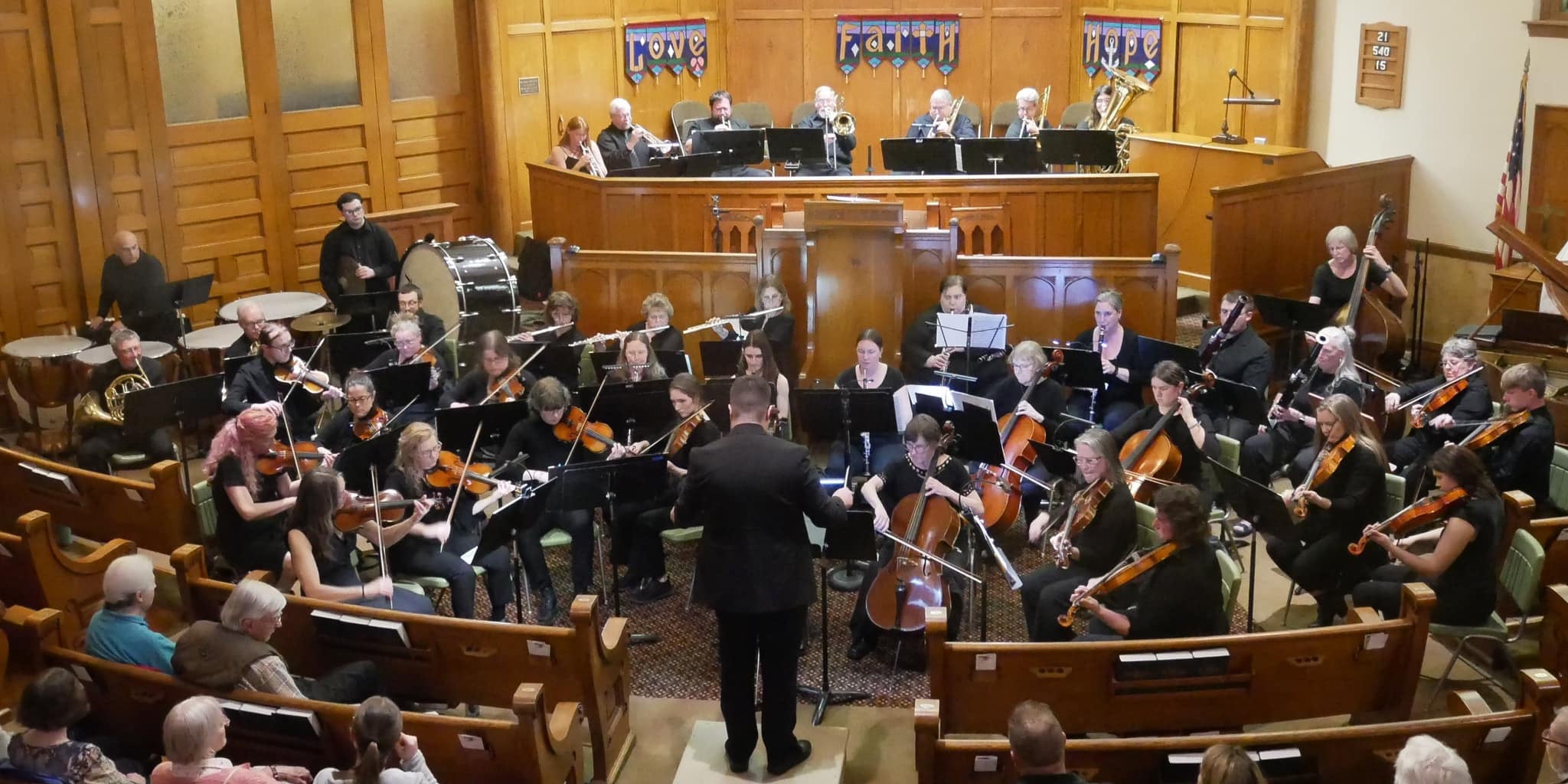Florent Schmitt was an innovative French composer whose 1907 ballet La tragédie de Salomé in some ways anticipated Stravinsky’s The Rite of Spring, and the Russian composer expressed admiration for his works.
His music had what someone called “an aggressive masculinity,” and when it came to judging the music of others, Schmitt could be just as blunt.
American composer Daniel Gregory Mason had great respect for Schmitt and thought his music better than that of Claude Debussy. He met Schmitt just once but came away with an impression of an outspoken and unabashed critic.
Stay informed on the latest news
Sign up for WPR’s email newsletter.
They attended a Sunday afternoon concert in a stuffy hall. Schmitt grew drowsy during the slow movement of a learned but plodding symphony by his mentor André Gedalge.
“In a quiet passage,” Mason reported, “he lost himself a moment, dropping his hard derby hat on the floor with a resounding whack.”
Mason was told that after a performance of a symphony by Marcel Labey, Schmitt greeted the composer by saying, “Was it you that wrote that dreadful thing?”
During the 1930s, when he was music critic for Le Temps, Schmitt became notorious for his habit of shouting out his verdicts from his seat in the hall. One music publisher pronounced him “an irresponsible lunatic.”
He and Stravinsky had a falling out and Stravinsky reversed his endorsements of Schmitt’s works.
On the eve of World War II, he became increasingly controversial when he expressed pro-German sentiments. While he was director of the Conservatory at Lyons he was said to have talked parents out of enrolling their daughters of little talent.
“No wonder he lost the directorship,” Mason remarked.
Then he added, “But in the midst of the Parisian politesse, a surface under which knives were often concealed, one could not but admire Schmitt for carrying his knife at belt level like an honest pirate, and on occasion using it.”
Wisconsin Public Radio, © Copyright 2025, Board of Regents of the University of Wisconsin System and Wisconsin Educational Communications Board.


